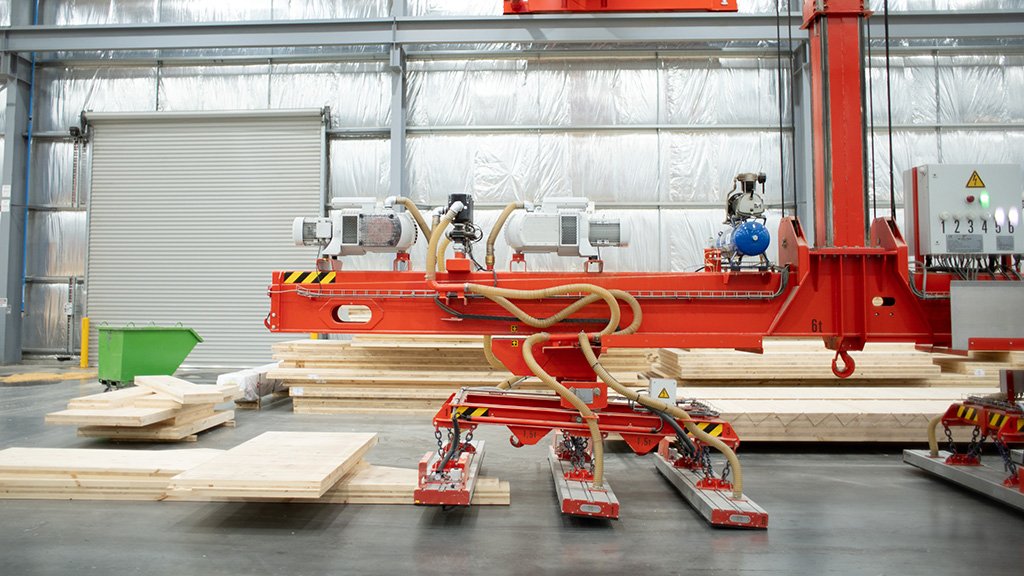**ATCO Electric Agrees to Pay $3 Million in Fines for Misleading Expenses**
A recent case has brought attention to ATCO Electric, a prominent Alberta company, agreeing to pay $3 million in fines for misleading the province’s utilities watchdog about its costs in two separate projects. The company has also agreed to refund $4 million for unearned rate increases, pending approval from the Alberta Utilities Commission.
The violations in question spanned from 2013 to 2017 and involved inaccurate reporting of expenses by ATCO Electric. In one instance, the company reported costs three years before actually incurring them, resulting in Alberta consumers paying a rate increase to compensate for expenses that had not yet been paid. Another discrepancy involved the inflation of accommodation costs at a construction site, where ATCO Electric overstated the number of rooms it was paying for.
The statement released by the commission highlighted the importance of ensuring that only legitimate costs are reflected in the utility rates paid by consumers. The settlement reached between ATCO and the investigators is now under review to determine if it is in the public interest.
Despite the fines and refunds, the commission acknowledged that ATCO Electric has made significant improvements to its compliance program since a previous enforcement decision in 2023. The recent violations were brought to light by an internal whistleblower, leading ATCO to conduct thorough investigations with the help of Deloitte.
Moving forward, scrutiny will remain on ATCO Electric’s rate applications to ensure transparency and accountability in cost disclosures. The company has stated its commitment to ethical practices and cooperation with the AUC to address any necessary corrective measures.
It is crucial for companies like ATCO Electric to uphold transparency and integrity in their financial reporting to maintain trust with consumers and regulators. By learning from past mistakes and implementing corrective measures, ATCO Electric aims to demonstrate that its policies and practices are beyond reproach.
As stakeholders continue to monitor ATCO Electric’s compliance with regulations and commitments, the company’s actions will be closely watched to ensure accountability and ethical conduct in the future.
**Key Takeaways:**
1. ATCO Electric has agreed to pay $3 million in fines and refund $4 million for misleading expenses and unearned rate increases.
2. Violations involved inaccurate reporting of expenses and inflation of accommodation costs at a construction site.
3. The company has made significant improvements to its compliance program and cooperation with regulators since previous enforcement actions.
4. Transparency and accountability in cost disclosures will be closely monitored in future rate applications.
5. ATCO Electric is committed to ethical practices and implementing necessary corrective measures to uphold trust and transparency.
Source link







